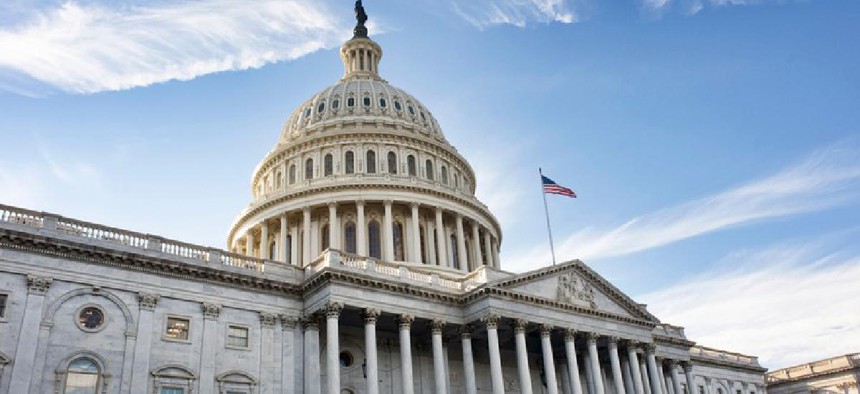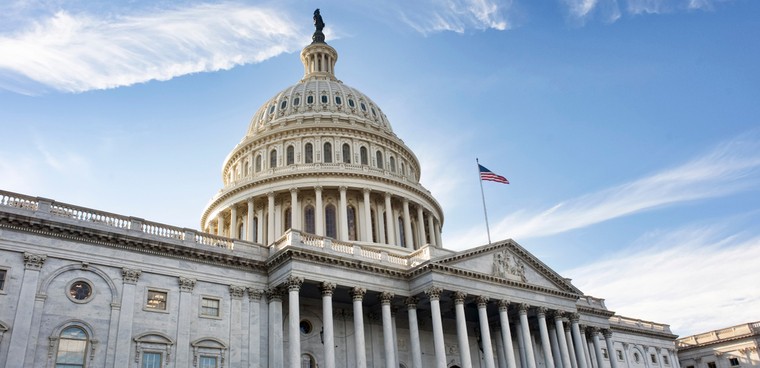House passes Rescue package with TMF funding

The $1.9 trillion bill is aimed at Americans suffering financial hardships from the pandemic, but in the federal IT community, the bill will be remembered for the dramatic expansion of the Technology Modernization Fund.

The House of Representatives passed the Senate's version of the $1.9 trillion American Rescue Act Plan on Wednesday. The vote was 220-211.
The signature elements of the bill include money for direct individual payments to Americans, expanded tax credits for children, an extension of enhanced unemployment benefits as well as public health measures to speed the acquisition and distribution of COVID-19 vaccines.
But for the federal IT community, the bill will also be remembered for its dramatic expansion of the Technology Modernization Fund. The bill adds $1 billion to the $175 million capitalization of the revolving fund that agencies can use to upgrade their information technology. So far, the fund has been used in relatively small projects to acquire cloud email or digitize citizen services, but the addition of $1 billion through fiscal year 2025 means that the fund can support more substantial projects and address more applicants for funds.
Rep. Gerry Connolly (D-Va.), a co-sponsor of the 2017 legislation that established the fund, noted the link between outdated technology and poor service delivery on the part of government.
"Throughout this global health crisis, millions of Americans facing illness, unemployment, food insecurity, and an inability to pay their mortgages or rent have looked to the federal government for help," Connolly said in a statement. "Yet despite urgent congressional action to provide unprecedented levels of economic assistance, those in need have had their misery exacerbated by a broken IT infrastructure that has prevented them from receiving timely support."
Former Federal CIO Suzette Kent told FCW that the $1 billion addition to TMF "would be an incredible accelerator for digital citizen services, cybersecurity tools, advancing the data agenda, cross agency shared capabilities and end-to-end hardening of some of the remote work and online services put in place rapidly as part of COVID response."
The bill also features a number of other technology investments, including $650 million for the Cybersecurity and Infrastructure Security Agency at the Department of Homeland Security.
Brandon Wales, CISA's acting director, told House Appropriators on Wednesday that the money is a "down payment" on rolling out new tools that expand the agency's ability to hunt for intrusions on federal networks.
Other tech items include $200 million for the U.S. Digital Service, $150 million for the Federal Citizen Services Fund and $25 million for the Department of Agriculture to improve the technology behind the delivery of the Supplemental Nutrition Assistance Program, to modernize benefits transfer and to push for more mobile access. The bill also contains $7.6 billion to improve internet connectivity at the nation's schools and libraries, via the Federal Communication Commission's E-rate program.
President Joe Biden will sign the bill on Friday, according to a statement from Press Secretary Jen Psaki.



